Pedro Sanchez is more pressured by the Moroccans than the Algerians
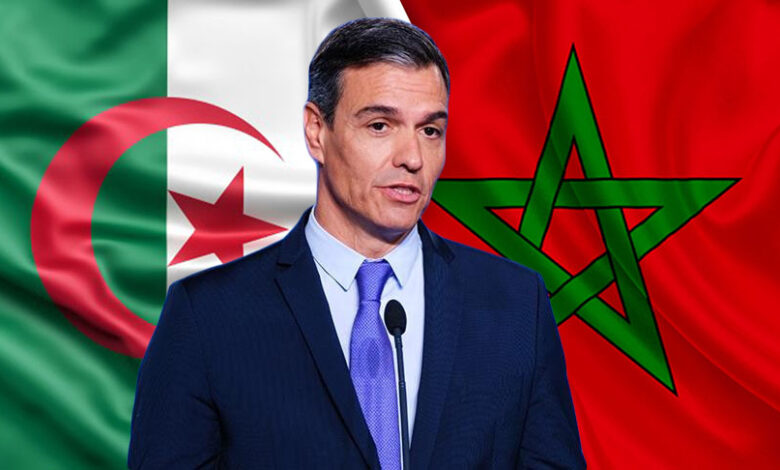
Besides a disintegrated political scene at home, Spain’s Prime Minister has had to deal with a disintegrated regional landscape in neighbouring North Africa. The dominant view is that he is walking on a tight rope between Algeria and Morocco. But it seems he is walking barefoot on a Moroccan ice.
When Spain admitted the leader of Polisario Movement, Brahim Ghali, into one of its hospitals to receive Covid19 treatment, it broke a decades-long tradition of neutrality as to the issue of the Western Sahara.
Angered by the news, Morocco which has been fiercely opposed to Western Sahara independence embarked on a series of retaliatory acts against its European neighbour where it mobilized thousands of immigrants into Ceuta, Melilla, and the Canary islands. The use of immigrants as an instrument of war has become a Mediterranean tradition capitalized on first by Turkey and later on by Libya, and Morocco did not hesitate to join, though this weapon was not enough. The Moroccans also allegedly hacked the mobile phones of high profile Spanish leaders and accessed sensitive information that gave them one more means of pressure.
These allegations have been fuelled by the Spanish responsiveness to the Moroccan pressure and its tilt towards Morocco at the expense of its relations with the gas-rich Algeria.
According to Spain’s foreign minister José Manuel Albares, a summit between high profile Spanish and Moroccan government figures is expected later this month or in early February. Before this summit was scheduled, the ice had started to melt between the Moroccan king and the Spanish Prime Minister who had written him a letter in which he expressed support to the Moroccan peace plan in the Western Sahara. The promise was fulfilled in March 2022 and in April the two leaders met in the Royal Palace in Rabat where they agreed bilateral relations between the two kingdoms should be pushed forward.
The Moroccan plan offers limited autonomy to the Western Sahara but claims Moroccan control over phosphate and fisheries. As such, the plan is seen by the Polisario and their Algerian backers as “illegitimate” and a form of colonization.
But Morocco is not the only party in the conflict over the Western Sahara nor is the Plisario the only belligerent to North African Kingdom. Algeria has had a say in the matter since Spain withdrew from the region in 1975. Urged by the then Khaddafi’s Libya, Algeria joined in supporting the Polisario forces in what the two nations thought was a struggle against monarchy. Since Libya withdrew its support to the Sahraoui Movement, Algeria has kept the foreign policy alone.
Algeria has also built up strong economic ties with Spain attested to in the Treaty of Friendship, Good Neigbourliness, and Co-operation signed between the two nations in 2002. Angered by the Spanish acquiescence to the Spanish pressure, the Algerian presidency announced in June 2022 the suspension of this treaty and issued an order to Algerian banks to stop transactions with Spain. The Polisario reacted similarly.
Algeria’s most effective weapon in the conflict is gas, especially in these hard times marked by a worldwide energy crisis fuelled by the Russia-Ukraine war. Gas has allowed Algeria to turn into a central political player in Mediterranean affairs over the last year as Italy and Spain rushed to their African neighbour to make up for Russian gas and oil.
The official reception of Brahim Ghali in Tunis to attend the TICAD Summit held on August 27 and 28 strained the relations between Tunisia and Morocco who called its ambassador in Tunis and raised doubts over growing Algerian influence in Tunisian politics.
As for Spain, it has more room for political manoeuvres in Algeria than in Morocco with whom it has territorial and border disputes. In other words, Spain may be more economically dependent on Algeria, who has supplied the European monarchy with gas under reasonable prices, than Morocco but it is less pressured by the Algerians from whom the Spaniards expected more patience and a shodt-lived angry reaction. This Spanish reasoning is evidenced in the recurrent insistence by Spanish foreign minister José Manuel Albares that “Algeria is a reliable partner,” an attitude often reiterated by Algeria’s longtime Russian allies.
It seems that for some reason, Algerian leaders have avoided escalation beyond the suspension of the above-mentioned treaty with Spain, which has seriously affected trade in the ports of the two Mediterranean nations as “Between June and July [2022], the halt in transactions between the two countries resulted in €235 million in lost revenue for the Spanish economy,” according to English edition of Le Monde.
Algeria, for example, shunned away from using the migrants weapon to scare their northern neighbours and gas and oil exports were maintained, a sign that the Algerians wanted to leave something for the Spanish to fear losing. In October 2022, Algeria’s Sonatrach and Spain’s Naturgy revised gas prices in an act that gave the Spanish reassurance about constant gas overflow into the Iberian Peninsula.
Spain has duties to live up to – or “debts to pay,” in the words of Brahim Ghali- as a former colonizer in the Western Sahara whose withdrawal from the region in 1975 triggered the crisis between Morocco and Algeria, the main supporter of the Polisario and also as an administrative power, according to the Algerians.

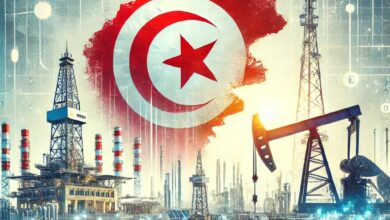
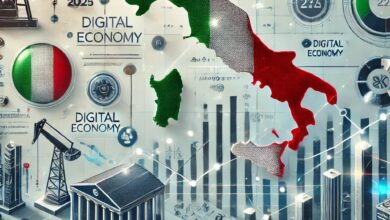
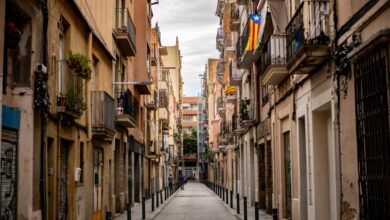
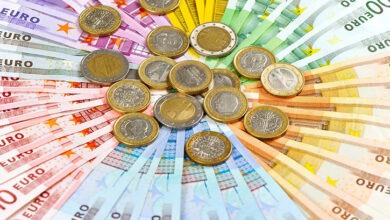
One Comment